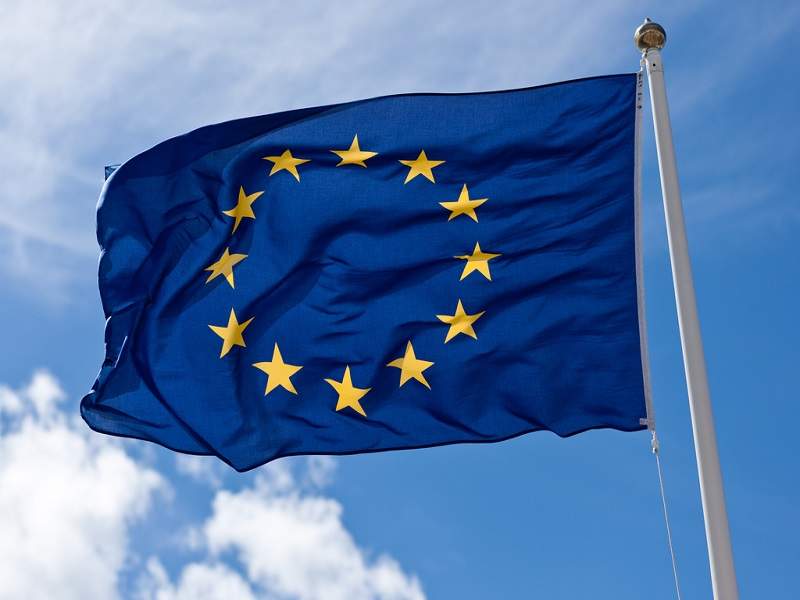
UK Prime Minister Theresa May has expressed her intention for the UK to remain a member of the European Medicines Agency (EMA) after Brexit.
In a speech on the ‘Road to Brexit’ made at Mansion House on 2 March 2018, Theresa May identified three EU agencies that the UK could remain a part of after leaving the European Union: the European Medicines Agency, the European Chemicals Agency, and the European Aviation Safety Agency. In her speech, the Prime Minister outlined a scenario in which the UK could become an ‘associated member’ of the EMA, painting this as beneficial to both the UK and the EU.

Discover B2B Marketing That Performs
Combine business intelligence and editorial excellence to reach engaged professionals across 36 leading media platforms.
“Membership of the European Medicines Agency would mean investment in new innovative medicines continuing in the UK, and it would mean these medicines getting to patients faster as firms prioritise larger markets when they start the lengthy process of seeking authorisations,” she said.
“But it would also be good for the EU because the UK regulator assesses more new medicines than any other member state. And the EU would continue to access the expertise of the UK’s world-leading universities.”
May also acknowledged that remaining a member of the agency would mean ‘abiding by the rules of those agencies and making an appropriate financial contribution.’
The UK’s relationship with the EMA has been a key issue for the UK and European pharmaceutical and biotech industry, with uncertainties over drug regulation, clinical trials regulations and the UK’s access to the European drug market post-Brexit. With 45 million packs of medication currently moving from the UK to the EU every month, regulatory changes or delays could have a substantial impact on both sides.

US Tariffs are shifting - will you react or anticipate?
Don’t let policy changes catch you off guard. Stay proactive with real-time data and expert analysis.
By GlobalDataWith Britain likely to leave the single market in March 2019, it remains to be seen whether the UK would be allowed to stay aligned with the EMA. The EU27─the 27 EU members involved in Brexit negotiations─has reiterated that the UK will be unable to ‘cherry pick’ aspects of EU membership, meaning the Prime Minister’s vision for continuing regulatory alignment with the EMA while parliament remains ‘ultimately sovereign’ could prove optimistic.
The speech was welcomed by the UK life sciences industry, with the BioIndustry Association (BIA) expressing its support for the Prime Minister’s intentions to remain a member of the EMA.
CEO of BIA Steve Bates said: “It’s good to see the PM articulating the practical dynamics of our industry of the future.”
“Her language reflects the work that the BIA has undertaken on regulatory cooperation since before the referendum, as well as the desire of patient, NHS Confederation and European coalitions. The PM also stated that it would also be good for the EU because the UK regulator assesses more new medicines than any other member state.’
“It is good to see the PM’s recognition of the importance of ‘ensuring that these products only need to undergo one series of approvals, in one country’…there is much work to be done but this is a positive step forward on the future of medicines regulation.”
Last week the EMA finalised plans to relocate its headquarters from London to Amsterdam in 2019.




